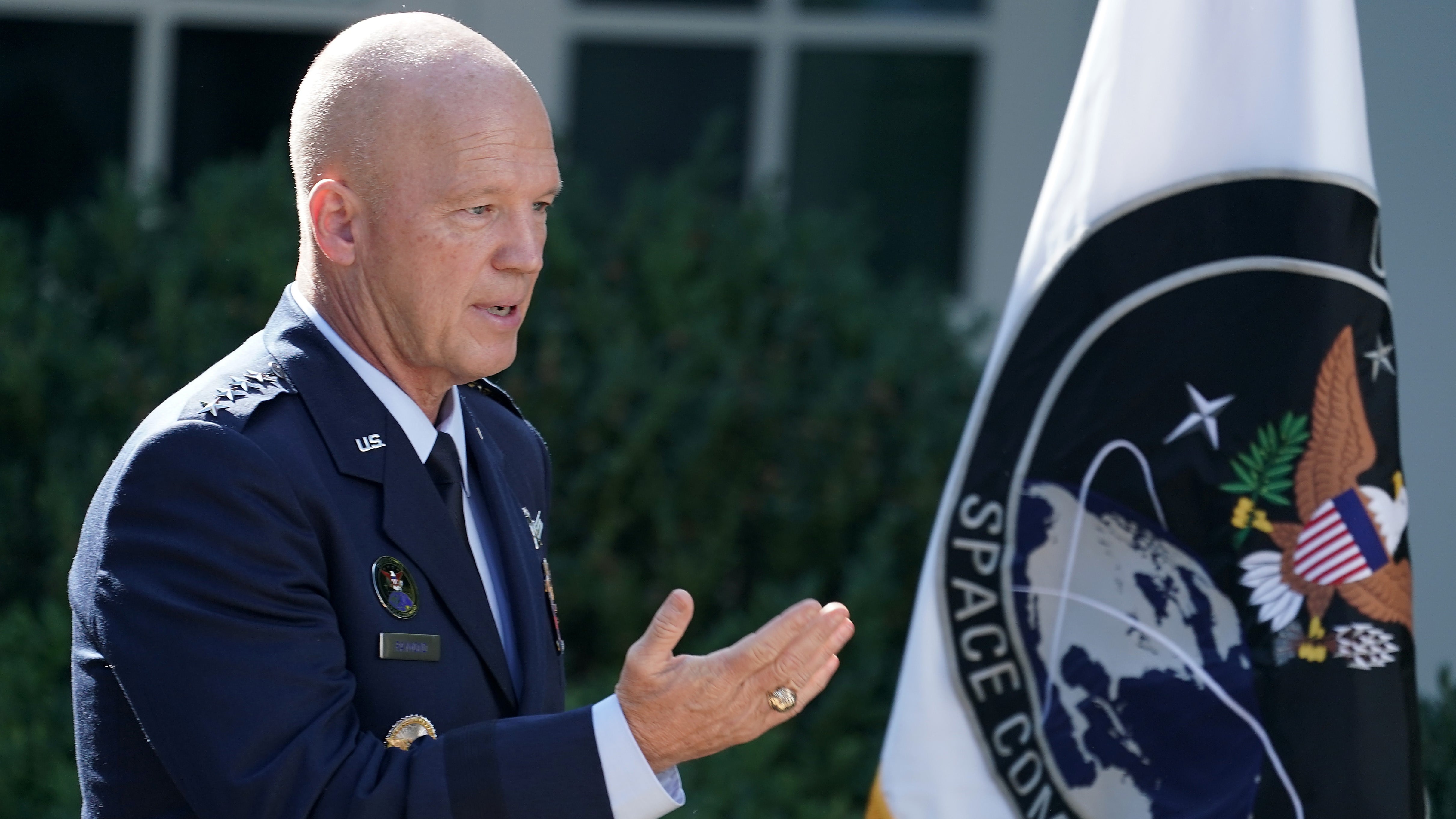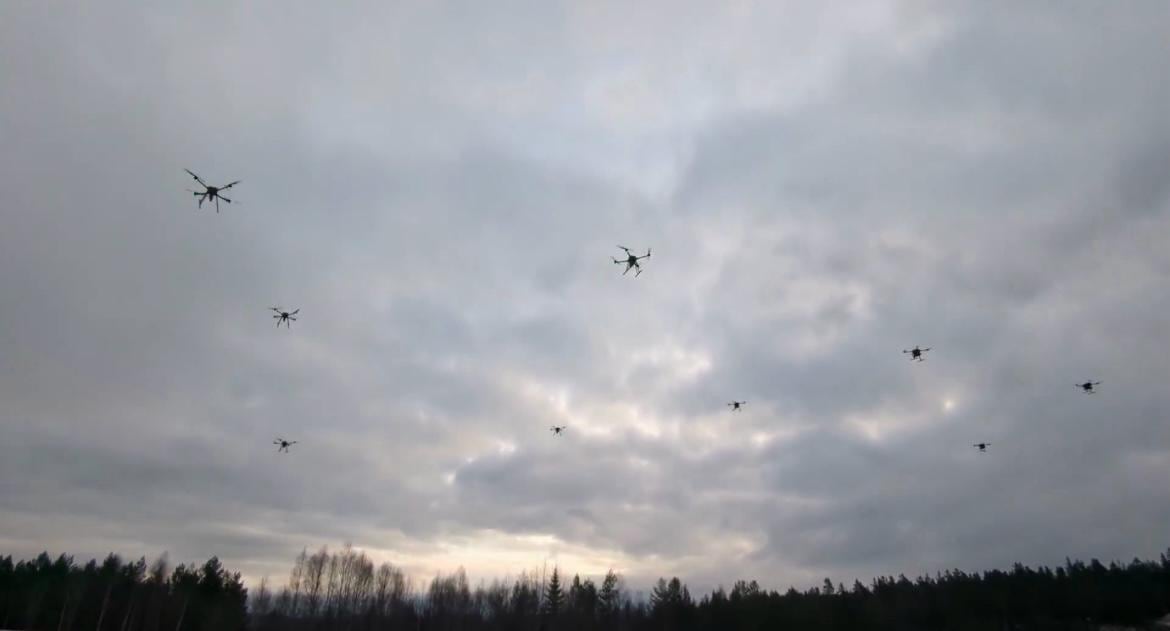The recently reestablished U.S. Space Command is officially taking over Operation Olympic Defender — a U.S. Strategic Command effort to cooperate with America’s closest allies in space.
“This is a major milestone for the newly established command,” said Gen. John “Jay” Raymond, the head of Space Force. “As the threats in the space domain continue to evolve, it is important we leverage and synchronize capabilities with our allies not only to understand each other’s national perspectives, but to work seamlessly together to optimize our multinational space efforts.”
Under Operation Olympic Defender, America is leading a coalition of allied space-faring nations to work together to deter hostile acts in space, strengthen deterrence against hostile actors and reduce the spread of debris orbiting Earth. The operation is centered at SPACECOM’s Combined Space Operations Center at Vandenberg Air Force Base, California.
While Operation Olympic Defender was technically transitioned to SPACECOM when it was established in August 2019, the new command opted to wait until it was more mature.
“We just signed that order from U.S. Space Command ... fully transferring that out of U.S. Strategic Command’s purview and into Space Command,” Raymond told reporters in a May 20 Defense Writers Group conference call.
The need for cooperation with allies in space is more important than ever with the increased congestion of the domain and the growing number of anti-satellite threats displayed by adversaries, according to SPACECOM.
“Our operations and activities in the warfighting domain of space are becoming ever more complex, due to adversary anti-satellite missile threats, electromagnetic inference of many kinds, new ‘mega constellations,’ human space flight, and the thousands of pieces of near-earth space debris traveling ten times faster than the average bullet speed,” said Maj. Gen. John Shaw, the head of Combined Force Space Component Command. “Given this increasing complexity, and the ascending importance of the space domain to our nations’ economies and security, it is essential we work together as an Allied team to synchronize our space activities and respond collectively to threats in, to, and through space.”
The United Kingdom was the first nation to enter the coalition, joining Operation Olympic Defender in July. The U.K. has assigned personnel to the Combined Space Operations Center, and last year a Royal Air Force officer was the first coalition partner to sign the weekly Combined Space Tasking Order.
Separate from Operation Olympic Defender, SPACECOM has continued to make inroads with other countries.
“We just signed a space situational awareness sharing agreement with Peru,” Raymond told reporters May 20. “I think this is our 35th nation that we’ve signed a sharing agreement with. International partnerships are absolutely critical to us. I’ve seen great progress being made and we’re going to continue to build those partnerships that are going to be beneficial for all.”
Nathan Strout covers space, unmanned and intelligence systems for C4ISRNET.








